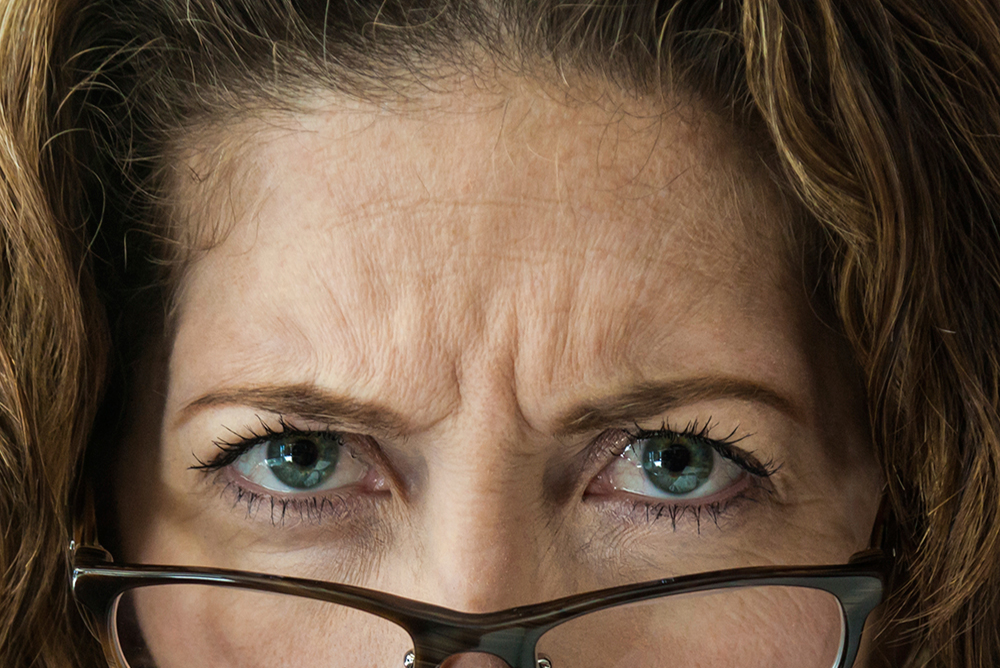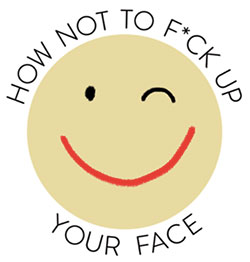
iStock
By Valerie Monroe
If you’re interested in feeling happier about your appearance—especially as you age—you might like reading what she has to say about it. For more of her philosophical and practical advice, subscribe for free to How Not to F*ck Up Your Face at valeriemonroe.substack.com
ASK VAL:
Q: How to address wrinkles if someone has grown “Botox resistant”? I asked a dermatologist recently, who said this is incredibly rare and not really a thing (at least not for many). But I’ve been getting Botox for seven or eight years and I’ve noticed it barely works for me anymore—if at all. I recently tried a different brand of neurotoxin and it still didn’t work. I think I’ve become immune; is that possible?
A: I hate it when someone, especially a doctor, says it’s all in your head. In your case, however, your problem does seem to be . . . all in your head. It’s also probably real. I wrote to the HNTFUYF DermDiva, Heidi Waldorf, to ask if what you’re experiencing is “a thing.”
“It isn’t common, but there are cases of resistance to toxin—meaning there’s absolutely no response,” she said. It was more often seen in patients treated with very large amounts of the original Botox for neurologic disorders, said Waldorf. So, long before Botox cosmetic became a household name, Allergan, the company that manufactures it, reduced the amount of protein in the toxin and the resistance decreased.
If you happen to be one of the few people (fewer than 1.5% of patients, according to one source) who develop antibodies to any of the toxin brands, you’ll be resistant to all of them, because they’re all produced from botulinum toxin A, said Waldorf. Why might you develop antibodies? If you’ve been getting large doses, or many over a long period of time, or frequent “booster” shots, your risk is higher.
Theoretically, there may be a reduced risk of resistance if you switch to the brand Xeomin, because it’s formulated with fewer proteins, said Waldorf. There are case reports of patients who are resistant to Botox having a successful response to Xeomin months to years later, but that’s unusual.
True neurotoxin resistance—having no response—should be distinguished from having a lesser response and/or shorter duration of effect, said Waldorf. The latter can generally be treated by increasing the number of units of neurotoxin used; the former, by injecting a slightly different area, or by forgoing injections completely till the antibodies disappear from your bloodstream, which can take as long as five years.
Maybe your body is trying to tell you something?
◊◊◊◊◊◊◊◊◊◊◊◊
And from the Department of “Hope in a Jar Five Pound Weight,” a recent story in The Washington Post reported on a new study that showed women’s skin grew more youthful at a cellular level after they began exercising, with the most pronounced effects seen in those who lifted weights. The small study—from Japan—had no control group, so the results aren’t exactly robust. But it does make intuitive sense, doesn’t it?
The creativity of beauty marketers continues to astonish (and sometimes dismay) me. Among the emails pouring in last week was one with the headline “Breast Milk in Skin Care.” According to the press release, the ingredients of the Milk Made line “mimic the restorative properties of breast milk,” and will “nurse your skin back to health.” The product names, I have to say, are kind of magic: Milk Made Skin Milk Drunk (moisturizer) and Milk Made Skin Milk Drench (cleanser). But there’s something creepy about the metaphor: Who wants to nurse their own face?
Finally, for the Grammies and Grampies, proof that nourishing your relationship with your grandkids is good for your health. A study showed that grandparents who looked after their grandchildren lived about five years longer than those who didn’t. As if we needed encouragement!


